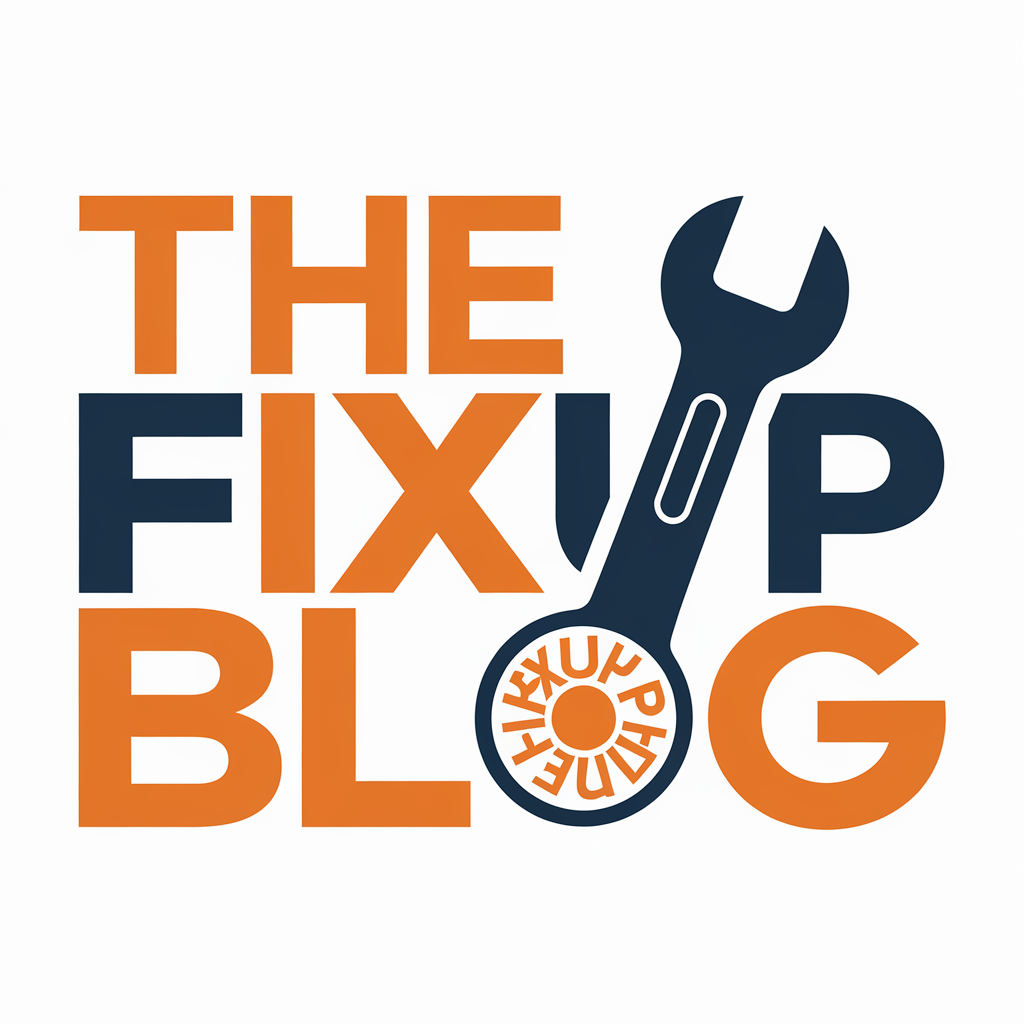Owning a home is often considered the cornerstone of the American Dream, a symbol of stability and financial security. But the journey to becoming a homeowner can feel daunting, filled with jargon and complex processes. This comprehensive guide will demystify the process, answering the question: how to become a homeowner. We’ll cover everything from understanding your financial situation to navigating the closing process, equipping you with the knowledge and confidence to achieve your homeownership goals.
Before you even start browsing listings, understanding your credit score is crucial. Your credit score is a numerical representation of your creditworthiness, influencing your ability to secure a mortgage. A higher credit score means better interest rates and more favorable loan terms. Check your credit report regularly for errors and work on improving your score through responsible financial habits, such
as paying bills on time and maintaining low credit utilization.
Determining Your Affordability
Knowing how much you can realistically afford is vital. Consider your monthly income, existing debts (student loans, car payments), and other expenses. Use online mortgage calculators to estimate your monthly payments based on different loan amounts and interest rates. Remember to factor in property taxes, insurance, and potential maintenance costs. Don’t forget to account for closing costs, which can range from 2% to 5% of the loan amount.
Saving for a Down Payment
A down payment is a significant upfront payment towards the purchase of your home. The size of your down payment influences your loan terms and the overall cost of your home. Larger down payments usually result in lower interest rates and monthly payments. Aim to save as much as possible for a down payment, even if it means delaying your purchase. Consider exploring various savings strategies, including high-yield savings accounts and investment options.
Choosing the Right Home
Identifying Your Needs and Wants
Determine your essential needs and desirable wants in a home. This will help you narrow your search. Consider factors like location, size, number of bedrooms and bathrooms, and specific features. Prioritize your needs over wants to stay within your budget. Consider your lifestyle and future plans when making these decisions.
Finding a Real Estate Agent
A real estate agent can be an invaluable asset in your home-buying journey. They can help you find suitable properties, negotiate offers, and guide you through the complex processes involved. Look for an agent with experience in your chosen area and a strong track record. Ask for references and read online reviews to assess their expertise and professionalism.
The Mortgage Process
Understanding Different Mortgage Types
Several mortgage types exist, each with different terms and conditions. Common types include fixed-rate mortgages, adjustable-rate mortgages (ARMs), FHA loans, and VA loans. Research and compare different mortgage options to find the one best suited to your financial situation and needs. Consult with a mortgage broker for personalized advice.
Pre-Approval for a Mortgage
Getting pre-approved for a mortgage before starting your home search is highly recommended. Pre-approval gives you a clear idea of how much you can borrow and strengthens your negotiating position when making an offer on a property. It demonstrates your seriousness to sellers and makes your offer more attractive.
Negotiating the Offer
Once you’ve found a property you love, prepare a written offer. Your real estate agent can assist you in crafting a competitive offer that considers the asking price, contingencies, and closing date. Negotiations may involve back-and-forth communication between you and the seller. Be prepared to compromise and be patient throughout this process.
The Closing Process
Understanding Closing Costs
Closing costs are expenses associated with finalizing the purchase of your home. These costs can include appraisal fees, title insurance, loan origination fees, and recording fees. Understand these costs in advance to avoid surprises on closing day.
Home Inspection
A home inspection is a crucial step in the home-buying process. A qualified home inspector will examine the property for any structural issues, safety concerns, or potential problems. The inspection report can help you negotiate repairs with the seller or decide against buying the property.
Title Search and Insurance
A title search verifies that the seller has a clear and marketable title to the property. Title insurance protects you from potential title defects or claims. This is a critical step to ensure you have legal ownership of the property.
Maintaining Your Home
Homeowner’s Insurance
Homeowner’s insurance protects your property against various risks, including fire, theft, and damage. Shop around for insurance quotes to find the best coverage at a reasonable price.
Regular Maintenance
Regular maintenance is essential for preserving the value and longevity of your home. Perform routine checks and address any issues promptly to prevent costly repairs in the future.
Benefits of Homeownership
Building Equity
As you pay down your mortgage, you build equity in your home. Equity represents your ownership stake in the property. Building equity can contribute to your long-term financial security and provide a safety net for retirement.
Tax Advantages
Homeowners may be able to deduct mortgage interest and property taxes from their federal income taxes, reducing their tax burden.
Limitations of Homeownership
Financial Responsibility
Homeownership comes with significant financial responsibilities. You’re responsible for paying your mortgage, property taxes, insurance, and ongoing maintenance costs. Unexpected repairs can also strain your finances.
Homeownership vs. Renting
A Comparative Analysis
A head-to-head comparison of the benefits and drawbacks of homeownership versus renting helps clarify the best choice for your personal circumstances. Weigh the financial commitments, lifestyle preferences, and long-term goals when making this decision.
First-Time Homebuyer Programs
Government Assistance
Numerous programs offer assistance to first-time homebuyers, helping them navigate the process and secure financing. Explore these programs to discover potential benefits that might be available.
Frequently Asked Questions
What are the initial steps to becoming a homeowner?
The initial steps involve assessing your financial situation, including your credit score and savings. You’ll need to determine your budget, explore different mortgage options, and start saving for a down payment. Finding a real estate agent and getting pre-approved for a mortgage are also crucial early steps.
How long does the home-buying process typically take?
The home-buying process can vary depending on several factors, but it generally takes several weeks or even months from start to finish. Factors influencing the timeline include finding the right property, mortgage approval, and the closing process.
What are closing costs?
Closing costs are expenses associated with finalizing a home purchase, including fees for appraisal, title insurance, loan origination, and recording. These costs typically range from 2% to 5% of the loan amount and are paid at closing.
What is a home inspection and why is it important?
A home inspection is a thorough examination of the property’s condition by a qualified inspector. It identifies potential problems or needed repairs, allowing you to negotiate with the seller or make informed decisions before purchasing.
How much down payment do I need?
The required down payment varies based on your mortgage type and lender requirements. A larger down payment often reduces your monthly payments and may qualify you for better interest rates. Conventional loans usually require at least 5% down, while FHA loans allow for lower down payments.
What is an adjustable-rate mortgage (ARM)?
An ARM has an interest rate that changes periodically based on market conditions. While they may offer lower initial rates, the interest rate can increase over the loan’s term, impacting your monthly payments.
Final Thoughts
Becoming a homeowner is a significant milestone, a journey filled with excitement, challenges, and rewards. While the process can seem complex, careful planning, thorough research, and the assistance of professionals can greatly simplify the experience. By understanding your financial situation, carefully choosing a home, and navigating the mortgage and closing processes effectively, you can pave your way to owning your dream home. Remember to utilize available resources, like first-time homebuyer programs and online tools, to maximize your chances of success. Embrace the journey, and congratulations on embarking on this exciting chapter in your life!

